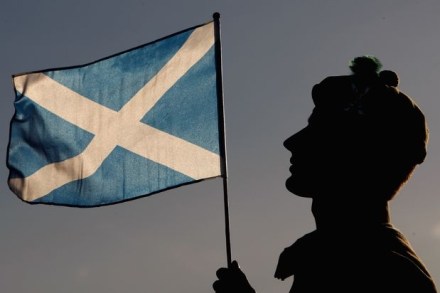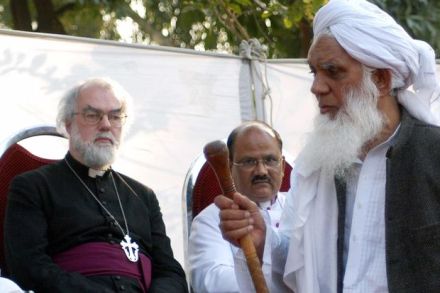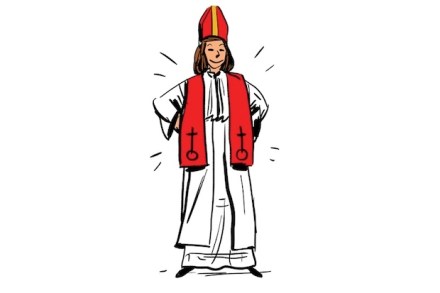Anglicanism keeps muddling on — thank God
A new survey of Anglican clergy has been published. Its findings are reassuringly unsurprising. For example, almost one-third of the clergy identify as evangelical; exactly one-third as Catholic; and just over one-third as something in the middle. In a different question, a quarter identify as conservative. Just over half want to keep the established Church in its current form; the rest want some sort of reform. Most call for the Anglican Communion to be more accepting of diversity, rather than seek stricter uniformity. Same in relation to the national Church. Sensible middle-way muddling-through remains the dominant approach: half the clergy think that Christians are discriminated against in some way by


















